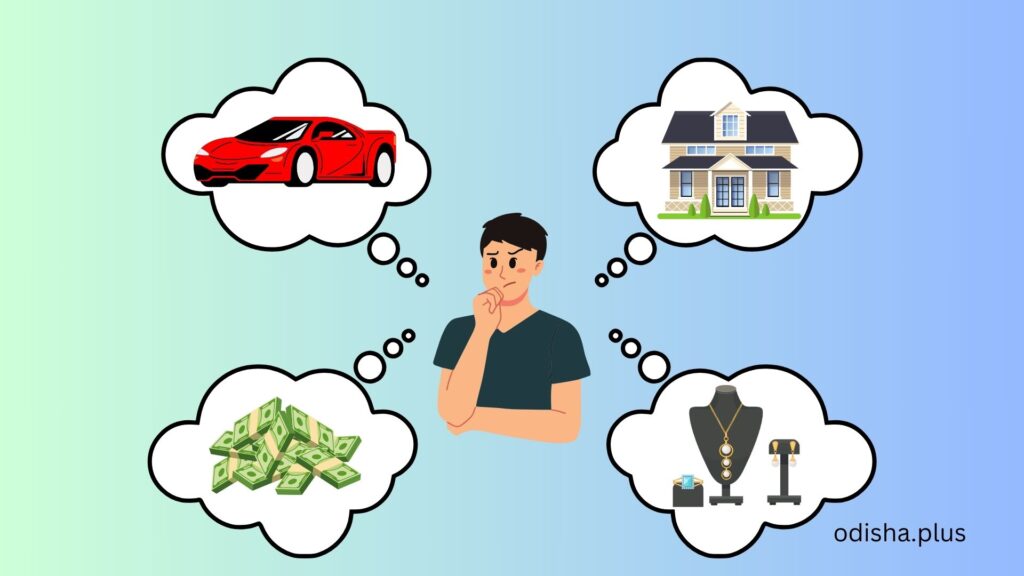Prof Mrinal Chatterjee

As I move around the increasingly crowded bazaars of cities and towns, fairs and melas- I realize that we are increasingly losing the faculty of ‘wonder’. Wonder is the emotion that overwhelms us when we see a beautiful sunset, walk along a sandy beach, stand on top of a high mountain and view the splendor below or feel the softness in the grasp of a baby’s tiny hand. In these moments we experience an overwhelming sense of awe and marvel at God’s creation.

When wonder is repressed, not only we do not feel this great sense of awe, but are characteristically bored with life, and end up unhappily loving things and using people instead of loving people and using things. That’s materialism.
I’m not saying that we shouldn’t have nice possessions. But when our life is driven and controlled by a never-ending desire for more money to buy more things to get more possessions, that’s materialism at its core, and is a sure-fire symptom of an empty, repressed life and an equally empty society. As the iconic American comedian George Carlin said, “Even your home then becomes a place to keep your stuff while you go out and get more stuff.”
Increasingly a section of our society has access to huge wealth, comforts, conveniences, and material possessions. Ironically the same section is plagued by stress, anxiety, depression, impaired relationships, and the breakdown of the family. Material possession has not brought them lasting happiness and peace.
One major reason for most of us becoming materialistic is we are emotionally repressed. When we don’t have that which is real, we exchange it for the false; that is, we settle for a poor substitute. For example, when fear is repressed it can express itself as anger or in phobias. Instead of feeling my fear, I lash out in anger. Or instead of facing my fear within, I project it onto the spider on the wall or some other irrational object or circumstance. By blaming my fear on an external object I avoid having to face it within.
Also when the emotion of love is repressed, it may express itself in an insatiable thirst for approval or as lust. Both of these may feel like love but they aren’t love. And while at first they may bring some “pleasure” for the moment, they leave the person empty and unsatisfied, and hungering for more approval or more sexual exploits. This in turn increases their feeling of emptiness, and their “searching for love in all the wrong ways and places” becomes a never-ending vicious cycle. Wanting more and more … and being satisfied less and less.
(The author is Regional Director Indian Institute of Mass Communication, IIMC Dhenkanal. Views are personal)






















